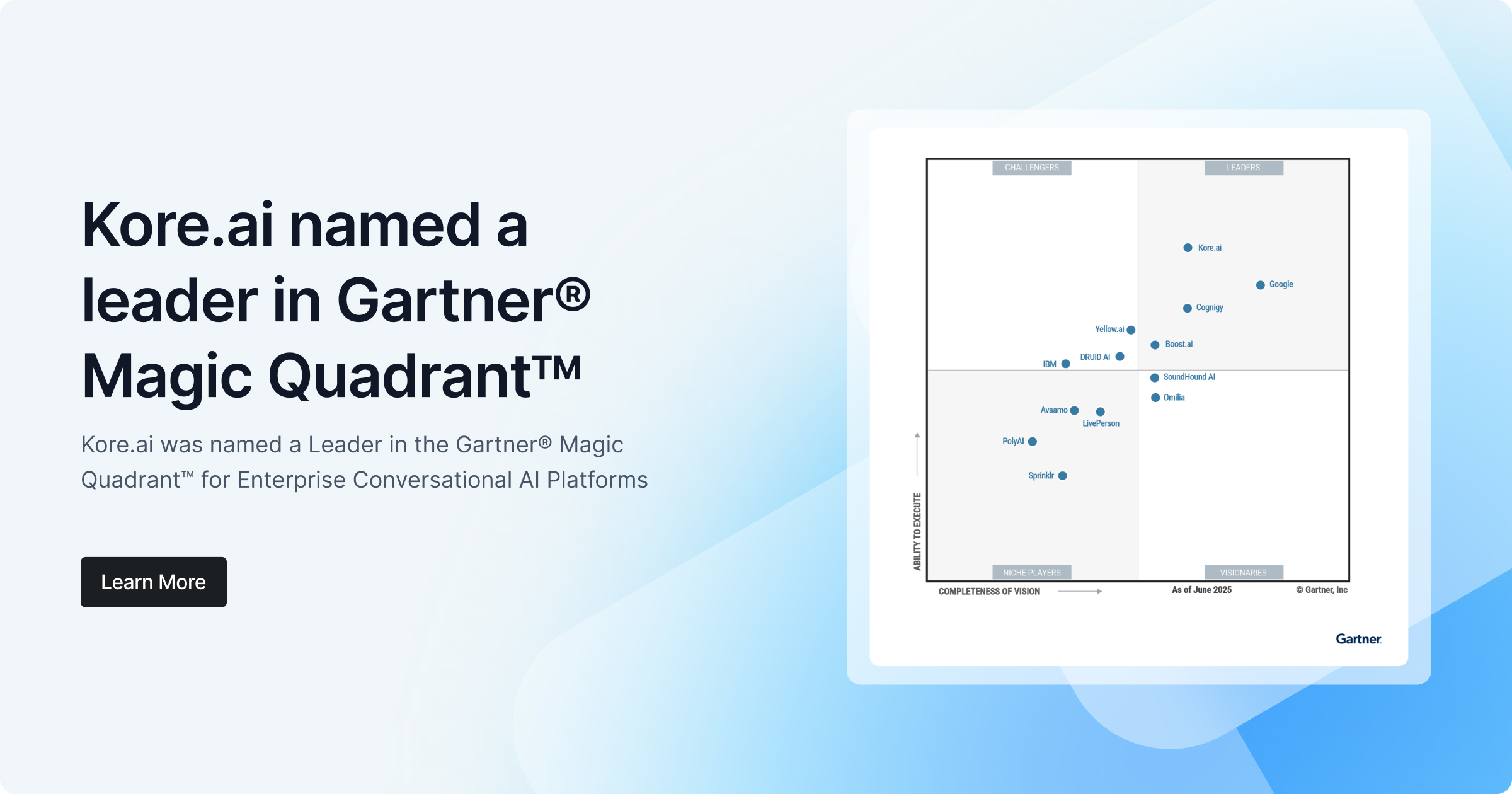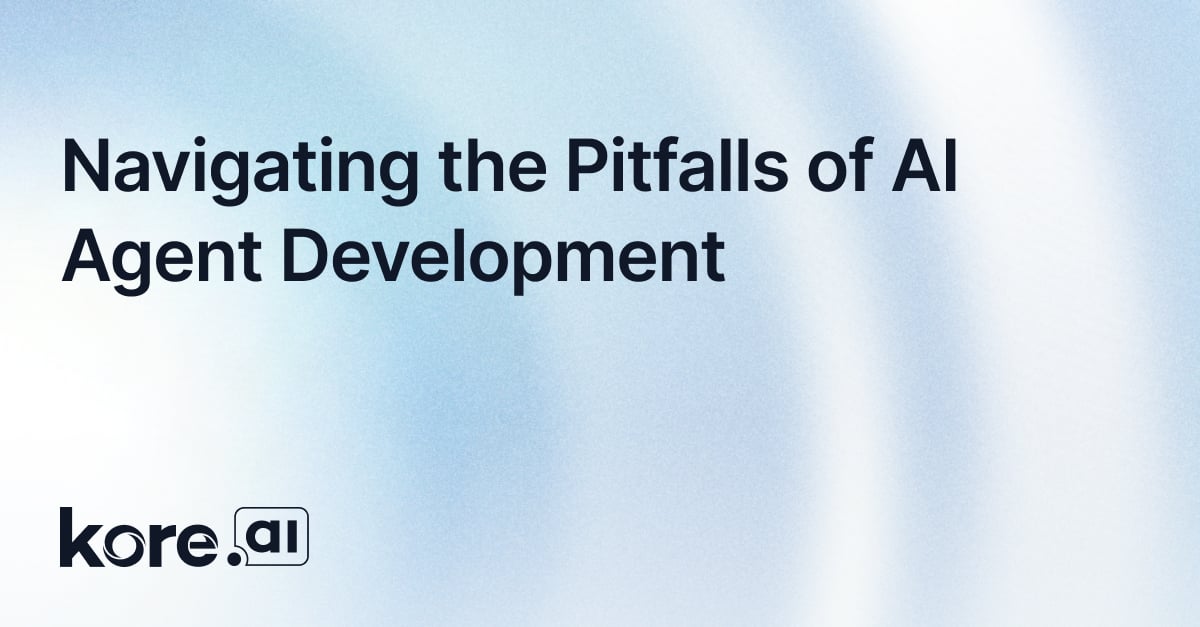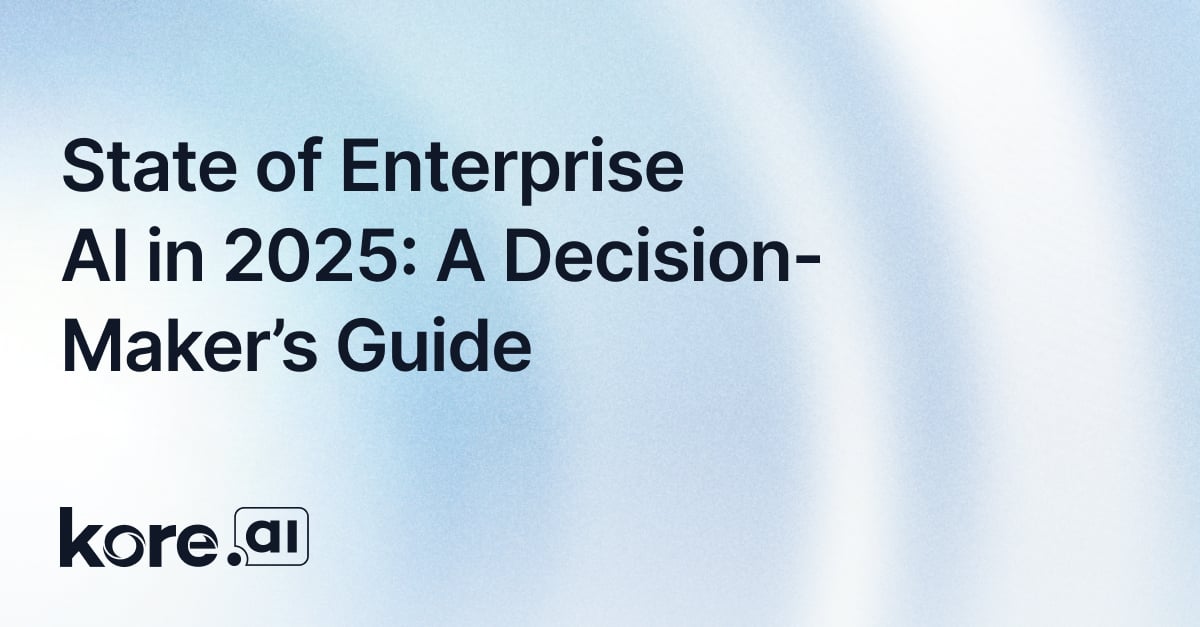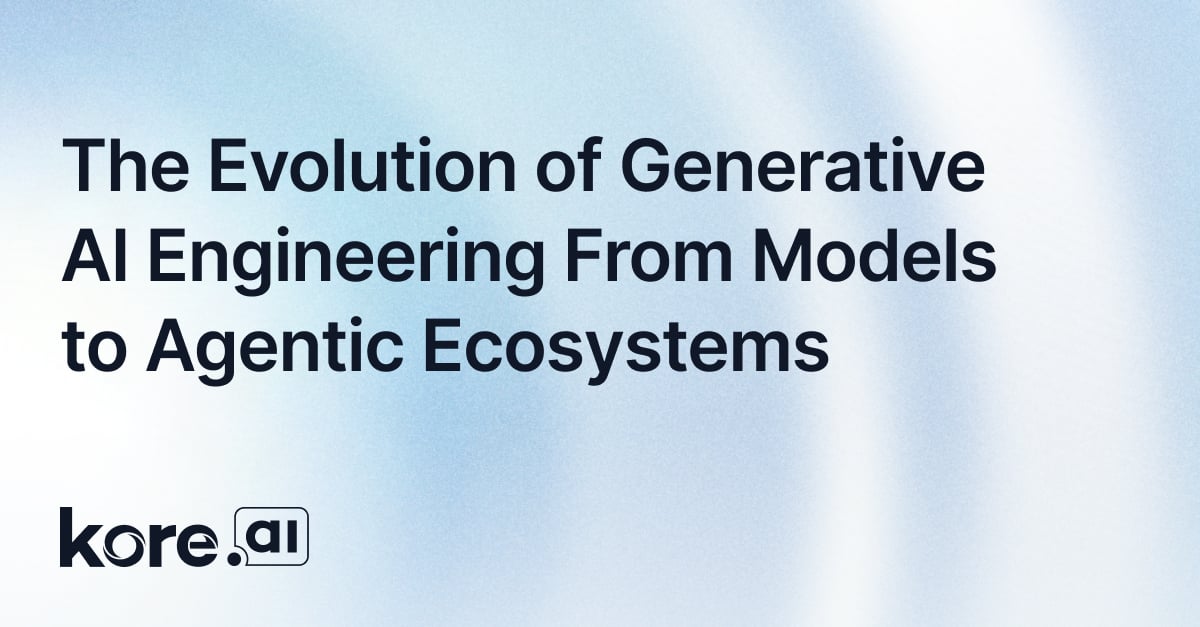In today's dynamic retail landscape, staying ahead of the competition means delivering an unparalleled customer experience. As the industry witnesses an unprecedented surge in the adoption of advanced technologies, Large Language Models emerge as the game-changers that will revolutionize the way retailers engage with their clientele.
With the advent of Large Language Models, retail sales associates can now tap into an immense reservoir of information, effectively transforming them into product experts. This newfound intelligence empowers sales teams to personalize recommendations, reduce product returns and boost retail sales.
Retailers have the opportunity to integrate advanced technologies that can enhance operational efficiency and customer engagement. This article delves into how AI-driven tools like Large Language Models can assist retail staff in offering more effective product or service advice to customers.
| Large language models (LLMs) are AI systems that use deep neural networks to learn and generate human-like language. Trained using vast databases of information, LLMs can perform tasks like translation, summarization, and content generation. Examples of LLMs include GPT-3 by OpenAI, BERT by Google, and NVIDIA's NeMo. These models have significantly advanced AI research and found wide application in various industries. |
Become a Product Expert In-Store and Online from Day One
Store associates are expected to be well-versed in a wide array of products from day one in order to assist customers in finding the right item while making informed decisions. Staying on top of the constant influx of new products available in-store or online can be challenging.
For retailers, using Large Language Model technology can simplify this task. With LLMs at their disposal, retail employees can quickly access detailed product information by simply asking an AI-driven employee assistant their questions about specifications, compatibility, functionality or usability regarding any product in real-time. Having employees that can quickly and accurately respond to a customer's inquiries about a product's details is necessary to have a higher chance of finalizing a sale while building customer loyalty.
Enhancing Personalization for Consumer Recommendations with LLMs
Personalization in retail is becoming increasingly vital to boost revenue and enhance customer satisfaction. By tailoring experiences to individual customer preferences, needs, and likes, retailers can boost engagement and create more opportunities for sale. In 2021, McKinsey reported that 71% of customers expect the brands that they interact with to provide a personalized experience and 72% of consumers expect businesses to understand their interests.
With the power of large language models (LLMs) and generative AI, retail employees can provide highly personalized recommendations to customers, creating a seamless shopping experience. Using this AI-driven technology, retail employees and customer service agents can instantly access product details, customer preferences, and feedback, allowing them to cater to each customer's specific needs. Employees will be able to confidently recommend related products and services or provide personalized offers and coupons to create a more positive customer experience.
Boost Retail Sales and Minimize Product Returns
The financial implications of product returns on retail businesses are substantial. Burt Flickinger, a renowned retail expert and the Managing Director of Strategic Resource Group, emphasizes the financial pressure that handling returned goods can bring to retailers. For every dollar in sales, the cost to retailers for managing returns varies from 15 to 30 cents. On the other hand, the net profit per dollar in sales is usually just one to five cents.
Using advanced algorithms, machine learning, and customer data analysis, retailers can customize interactions while offering personalized recommendations to customers. This not only reduces the possibility of returns but also boosts customer satisfaction. Using LLMs and generative AI technologies, retailers can understand customers' preferences, purchasing history, and specific needs, enabling retailers to provide tailored recommendations that suit each customer's individual tastes and requirements. Such a high degree of personalization lessens the risk of customers getting products that fall short of their expectations, thereby decreasing the likelihood of returns.
Addressing Potential Customer Service Issues Proactively
Anticipating and addressing potential customer service issues is crucial in sales and customer service. The ability to anticipate and tackle potential objections is vital in sales and customer service. Large Language Models can support retail employees by offering proactive responses and solutions for frequent consumer concerns. If a customer is uncertain about a product's cost, the AI-powered assistant can emphasize the item's value or suggest alternative options that better align with the customer's needs. With access to these suggestions, retail employees can confidently address objections and increase the likelihood of closing a sale.
LLMs have the potential to revolutionize the retail industry by enhancing customer communication and addressing objections proactively. By leveraging these AI-powered tools, retail employees can provide exceptional service, address customer inquiries, and enhance the overall shopping experience. As technology continues to advance, integrating large language models into retail operations will become increasingly important for businesses looking to stay competitive.
Ready to Provide a Better Retail Experience?
Explore the cutting-edge advancements with the combination of Conversational AI with Large Language Models and Generative AI technologies in the retail landscape by accessing our in- depth white paper. Gain valuable insights into how this transformative technology can increase your retail sales, reduce product returns, and provide superior customer service.
Learn more about empowering retail employees with AI-driven guidance, enhancing their performance during customer interactions, and optimizing store processes. Stay ahead of the industry curve and broaden your understanding of the potential applications of AI in retail by downloading our educational white paper today.











